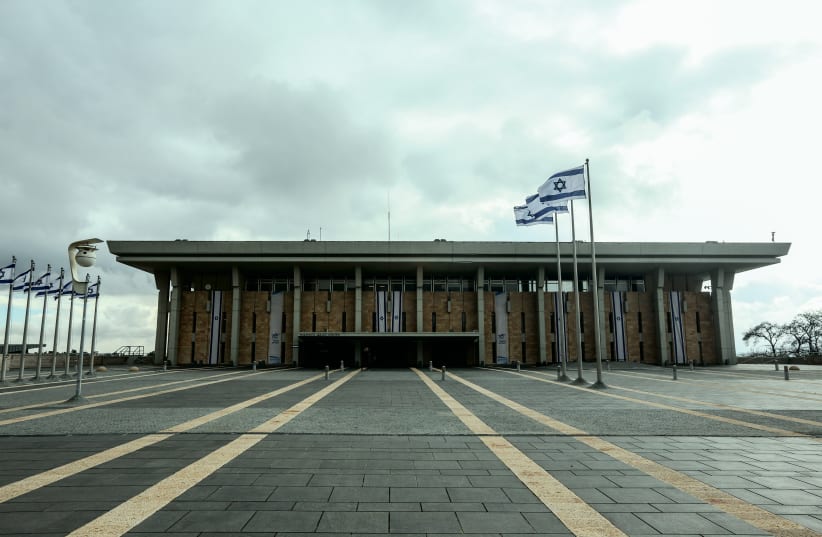What happened two weeks ago? Clashes began in Jerusalem between Arabs and Jews, exacerbated by a protest by a group of racist Jews, that then led to terrorists from Gaza firing rockets into Israel.
That was followed by Thursday night’s horror in Meron, and no less than three terror attacks on Sunday, including a shooting attack at the Tapuah Junction that left one yeshiva student in life-threatening condition, another in serious condition, and a third with light injuries.
Why should any of that convince people of the need for a strong government and not spin the wheel on a fifth election? Because these incidents show that while Israeli politicians are fiddling around, things out there in the real world are happening.
The world continues to spin. But while it spins, Israel is unable to prepare or respond as it should because its leaders are otherwise engaged.
The recent uptick in violence and Palestinian terror came as no great surprise. First, the Muslim month of Ramadan has for years been a period of increased violence in Israel.
Second, experts have been predicting for months that Palestinian Authority President Mahmoud Abbas would back out of the elections, and that when he did, it would lead to an increase in terror.
None of that – neither Ramadan nor the likelihood that the postponement of the Palestinian elections would spur on terrorism – came as a surprise to anyone. Yet only after Sunday’s drive-by shooting of innocent bystanders did the IDF move to increase force strength in the area in anticipation of more trouble.
While it is not clear why it took so long, what is certain is that the government’s ministers are preoccupied primarily with never-ending political machinations.
Israel needs a government right now that will not shirk responsibility, but face it head-on. It needs a government able to pass a budget, appoint a justice minister, hold weekly security cabinet meetings to deal with pressing security issues, and extend its control and authority over all parts of the state: from the Damascus Gate to Rabbi Shimon Bar Yochai’s grave at Meron.
The government in recent weeks yielded its authority both at the Damascus Gate and in Meron, concerning decisions it deemed necessary to preserve public order at both sites.
At the Damascus Gate, it bowed to Arab pressure to remove the blockades that had been keeping Arabs going to al-Aqsa Mosque from sitting on the steps there and potentially blocking the entrance.
Israel said the decision to do this was made strictly for security considerations, so the entranceway to the Old City would not be dangerously clogged and impassable in times of emergency. The Arabs, on the other hand, said Israel’s aim was merely to humiliate them.
We do not agree with those who will always think the absolute worst of Israel’s intentions, and believe the explanation given by the police for the decision to block off the steps, especially in light of the trampling that took place in Meron.
But the state was unable to implement its own policy, and the message it sent was that when it comes to the Old City and to Jerusalem Arabs, Israel will take the course of least resistance, even if it means sacrificing what it deems to be important for public order.
The same was true of Meron. But there, it was the haredi (ultra-Orthodox) community, not the Arab one, to whom the government was unwilling to stand up. Reports are emerging of meetings where both police and health officials urged a limit on the number of people at the Meron celebration because of COVID-19 concerns. But haredi officials and politicians pushed, and the transitional government backed down.
This needs to change. A strong government needs to be set up that can govern, can implement its decisions, can stand up to interest groups, and can plan and propose. As the challenges facing Israel continue to mount, a government that is able to function needs to be established posthaste. The outside world is simply not waiting.
